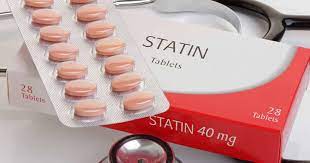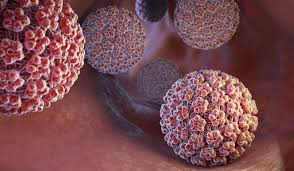Dyslipidemia, commonly known as high cholesterol, often presents no symptoms yet poses a significant threat as a silent killer and a major risk factor for heart disease in India, according to health experts.
In a landmark move, the Cardiological Society of India (CSI) released the first-ever Indian guidelines for dyslipidemia management earlier this month. These guidelines strongly advocate for early cholesterol testing, recommending the initiation of screening at the age of 18 to identify cardiovascular disease (CVD) risks sooner.
This recommendation follows alarming data from the National Crime Records Bureau (NCRB) showing a 12.5% increase in heart attack cases in 2022. Additionally, the 2023 Global Burden of Disease (GBD) report reveals that India’s age-standardized CVD death rate of 272 per 100,000 population surpasses the global average of 235 per 100,000, highlighting a significant CVD burden in the country.
“Hypertension and diabetes have some symptoms, but dyslipidemia is a true silent killer,” said Dr. J. P. S. Sawhney, Chairman of the Department of Cardiology at Sir Ganga Ram Hospital, New Delhi, in an interview with IANS. “It is recommended to have the first lipid profile at the age of 18 years when a child goes to college,” he added, emphasizing that dyslipidemia is a potent risk factor for heart disease.
Dr. Sawhney explained that low-density lipoprotein (LDL) cholesterol, often referred to as bad cholesterol, penetrates the arterial wall, leading to plaque formation and artery blockage. Risk factors such as hypertension, diabetes, tobacco use, and stress exacerbate this process.
“Since high cholesterol shows no symptoms, lipid profile testing (non-fasting) is the only way to detect its presence. The test should be repeated after four weeks of therapy to check if the patient has achieved the target LDL-C goal based on their risk,” advised Dr. Sawhney. He also recommended testing blood pressure and sugar levels alongside cholesterol for comprehensive early detection and timely intervention to prevent severe heart events.
Echoing the importance of early detection, Dr. Bagirath Raghuraman, Director of Heart Transplant at Narayana Health City, Bengaluru, told IANS, “The new lipid guidelines recommend early cholesterol testing to identify individuals at risk for cardiovascular diseases (CVD) earlier in life. Early detection allows for timely intervention to reduce the risks. Prevention is paramount. We need to address risk factors before symptoms develop.”
Preventing heart disease through early intervention can also significantly reduce the healthcare burden by minimizing the need for expensive treatments and hospitalizations associated with advanced CVD.
Dr. Raghuraman also advocated for public health measures to combat the rising incidence of heart diseases in the country. “Public health campaigns to educate people about healthy diets, regular exercise, and avoiding smoking are essential. Implementing regular screening programs in schools, workplaces, and communities can identify individuals at risk and provide necessary interventions. Educating people about new treatments and preventive measures can support heart health,” he said.
The push for early cholesterol testing and comprehensive public health strategies aims to curb the growing epidemic of heart disease in India, emphasizing the critical role of prevention and early intervention in safeguarding heart health.












